COVID19 and the lockdown brought unanticipated challenges to the members of JMS. The lockdown created anxiety and stress as migrant members were stuck in cities. Many migrants footed their way back home and some took whatever means of transport by night, facing the heavy batons of police. In the villages the restriction on movement cut farmers off from their fields and cattle and goats were deprived of fodder. The meagre storage of grains was a constant source of anxiety. As local transport was completely shut down many could not access health care in time. Livelihood, health and food emerged as the key challenges. Even when the lock-down was eased, the households had more number of members to be fed with migrant returning; children were at home wandering everywhere as schools were closed, it was a challenge to start work on MNREGA as work had to be done as a collective but there was no other alternative to livelihood. These dilemmas continued through the period of the pandemic. JMS decided to keep engaged with the community issues through this period, to instil confidence, awareness and timely response to the problems.
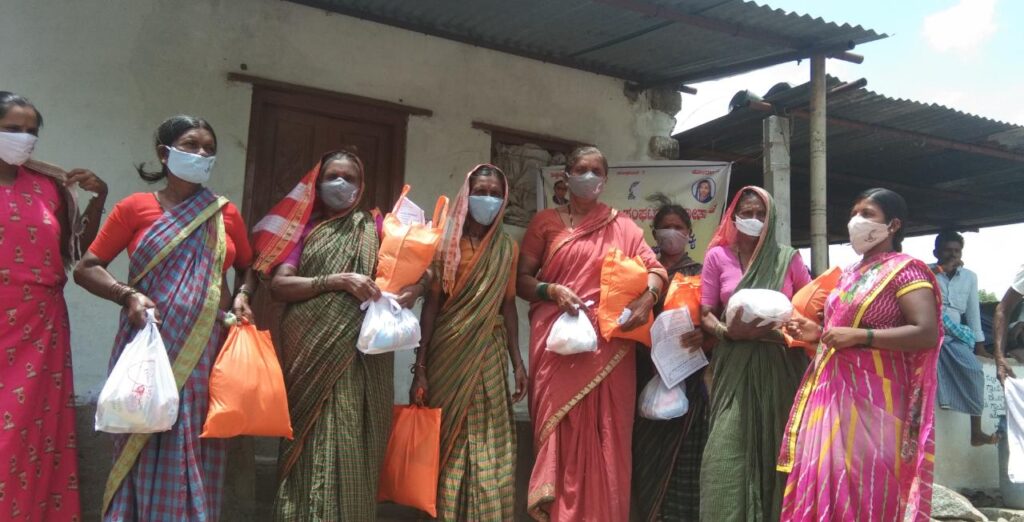
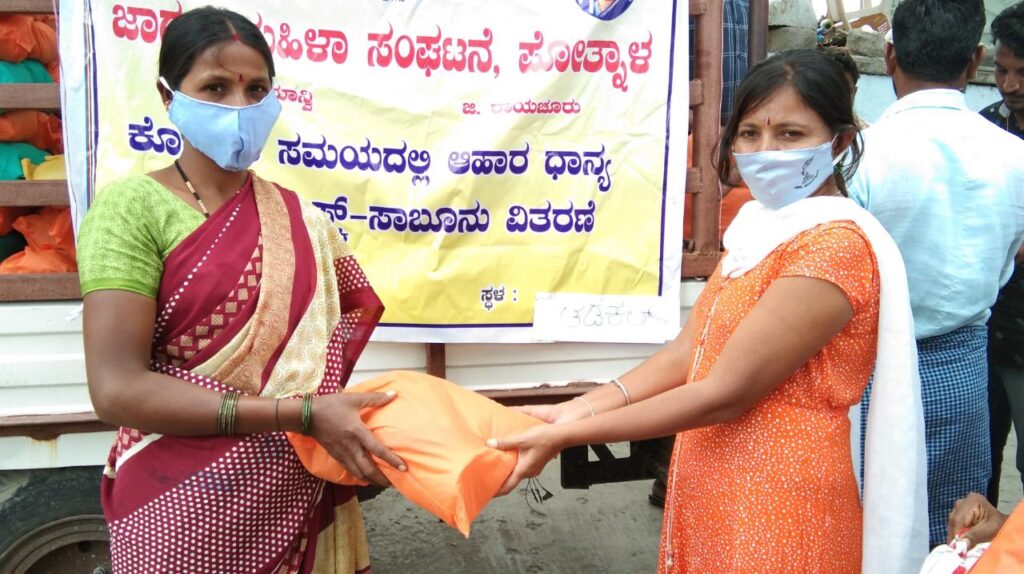
Livelihood and work during Pandemic:
When Lockdown was imposed throughout the country; it adversely affected the livelihood of the daily wage labourers across rural and urban areas. All migrated labourers in the cities spent their hard earned savings for travelling back to their villages. JMS observed this reverse migration in villages and difficulties of the marginalised daily wage agricultural labourers to manage their livelihood with increased family members in the households. JMS karyakarta of respective villages immediately reached JMS leaders and said the village issues during lockdown. JMS leaders reached all authorities of Taluk and District level through all means of communication and brought the issues to their notice. With the regular follow up with respective officers, JMS was successful in providing access to work under MNREGS (Mahatma Gandhi Rural Employment Guarantee scheme) for 3,000 households and ensured the right wages received. With the immediate access to work and wages the burden on disadvantaged families was reduced with this intervention of JMS.
Awareness and Capacity Building on Health and immunity:
JMS herbal medicine healer prepared the immunity building tonics such as Aloe Vera Tonic, Syrup made from Drumstick leaves, Gooseberry tonics etc and distributed in the local and the recipes was made available for all, through JMS You tube channel.
JMS also held meetings of the core leaders and key members on what steps to take at JMS. Discussions were held on understanding the rationale of wearing masks, washing hands and maintaining physical distance.
Health Awareness in communities:
JMS observed that myths and irrational explanations on CORONA virus had created more challenges and enhanced discrimination. Especially, the senior citizens were the targets of such a discriminatory behaviour. In addition, the communities were deprived of usual primary health care for issues such as blood pressure, diabetes , tuberculosis etc. JMS responded to this situation by printing hand-outs covering awareness information on COVID19 in local languages and distributed to the 3000 households covering 50 villages of Raichur district. During community meetings in the villages and at MNREGS work place JMS karyakata spoke on awareness on COVID19, asked to wear mask and to maintain physical distance.
https://www.facebook.com/jms.chiguru.3/posts/376236793397999
Access to Health care during the Pandemic:
JMS did survey on community health during COVID-19, not just emphasizing CoVID-19, but covered people access to health services for communicable and non-communicable diseases during CoVID-19. Survey conducted in 6 villages, covering two Primary Health Centres of Sindhanur Taluk , Raichur District. Understanding the regular health needs and challenges to access the services in the public health service. We did assessment on Tuberculosis , Diabetes, Dengue , Blood pressure , vaccination for children , Maternal health services for mother’s and family planning .
https://www.facebook.com/jms.chiguru.3/posts/371345117220500
(Example : A pregnant woman from Janekal village in Manvi Taluka of Raichur district, 15kms away from taluk headquarters, where the block hospital)is located, went to Taluk Hospital Manvi Raichur District for her first Delivery on 9th April 2020, Thursday. they managed to arrange for a vehicle. She was heavily bleeding and her date for child birth was due. There were no doctor at the hospital and the bleeding continued. Then they immediately informed JMS KaryakarthaNarsamma. Narsamma spoke to Taluka Health Officer (THO) Manvi and explained the urgency of the situation. He assured her that her staff will attend to her immediately and if not possible to handle over there, they would make arrangements to refer her to the District hospital which is 45 kms away from Manvi. As her case required specialised attention and due to lack of facilities at Taluk hospital, she was sent in an ambulance to Raichur Institute of Medical Sciences(District Hospital). After shifting to RIMS the woman gave birth to a baby in the evening under the supervision of the doctors who attended to her bleeding as well. Now both the mother and the baby are fine. JMS intervention was useful to provide them timely medical care.)
Supporting Education of Youth: During COVD_19 the agricultural daily wages families faced difficulties for their livelihood and were under distress . Due to this and pressure on online education across the country , the chances of marginalized families may drop out their children from the Schools/colleges, especially for young girls in villages. To avoid this situation and in order to encourage education for rural Dalit youth, especially for Girls, to continue their studies, JMS supported them by providing Competitive books along with academic books and accessories.JMS organised book distribution program in 45 villages and 20 Grampanchayats of Sindhanur, Sirwar, Manvi and Maskitaluks of Raichur District. Books were distributed to 503 youth in all villages of JMS constituency by conducting village level meetings.
https://www.facebook.com/jms.chiguru.3/posts/375057926849219
Understanding the challenges of online education for Dalit Youth
JMS did assessment on understanding difficulties and challenges of astudying Dalit youth in rural area in accessing to online education.The survey conducted in four Talukas (Manvi, Sindhanur, Maski&Sirwar) of Raichur District and interviewed 1920 rural youth in 52 villages. Discussed basic questions on various facilities available for them to access on online education such as 24hours Electricity at home, availability of Laptop/Desktop computer / Smart phone and whether it is accessible to students on need and also asked how it is going to affect their studies going forward, if online education becomes mandatory.
https://www.facebook.com/jms.chiguru.3/posts/367950797559932
Upholding basic community rights during the Lockdown :
When COVID -19 lockdown was imposed throughout the county in India, there was no access to safe drinking water for villagers in Janekal. Especially who are under privileged and daily wage labourers depend on the water source that is available 1 km away from the village now it was filled with dirt and was incapable for drinking.JMS intervention made the water pond clean and supplied the clean water for drinking for every households in Janekal village. 2000 Households benefited by this intervention. Similarly, JMS did intervention in Basapura village of Watagal Gram Panchayat, Maski Taluk and made access to two months ration for more than 500 households under Public distribution system during Lock down.
https://www.facebook.com/jms.chiguru.3/posts/266305597724453

JMS distributed a dry ration kit, masks,& soap along with the Pamphlet covering the information on the prevention of coronavirus and encouraging them to get Vaccination, for 3300 families of the agricultural daily wage laborers & 120 Construction workers in the 50 Villages of Manvi, Sindhanur,Maski and Sirwar Taluks, of Raichur District
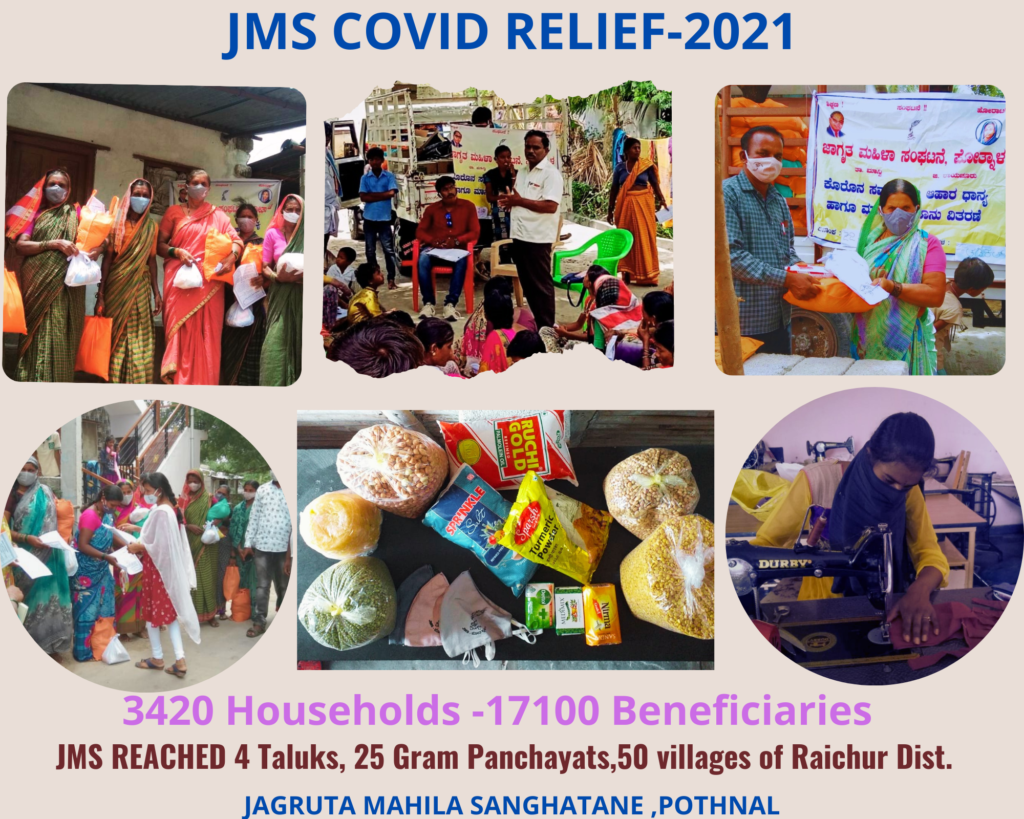
The 1st phase extends through the formative years of JMS, viz. 1999-2005. The goal of the massive ground level mobilisation was to ‘organise’ Dalit women and ‘conscientise’ them in order to ‘resist’ the systemic discrimination and exploitation that they faced. Organising women on the axis of class identity, i.e. as agricultural labourers formed a key organising strategy. Agricultural labour was the primary work that the landless communities engaged in. In the feudal setting of Raichur, where most of the Dalits were absolutely landless, the wages in the peak season of work (about 3 to 4 months a year depending on the rain and other factors) was about 80 rupees per day and in the lean season (about 4 months) would be Rs.20/- for women and Rs.30/- for men. People did not have any work in the rest of the months. The zamindars and big farmers resorted to rampant mechanisation of harvesting during this time even as drought was hovering over labourer’s lives. The struggles of people were multiple in this phase that included – struggle for the payment of pending wages, equal wages, stopping mechanisation in harvesting, demanding drought relief work and its effective implementation, fight against corruption in these schemes. JMS also undertook land-development programme of the lands of Dalits (1 to 1.5 acre) lying fallow for decades in a village (Devipura) with the government funds. Read more
During the 2nd phase, 12 women community leaders started taking leadership of JMS as co-conveners on a full-time basis, ushering in a leadership change. During this phase, with the prolonged drought in Raichur, there was massive outmigration to cities. Though with the short supply of labour, wages had gone up slightly, the net wage-days of work had drastically reduced. Big farmers had started employing machineries in the agricultural work which further displaced labour. However, during this phase, National Rural Employment Guarantee Scheme was launched in 2005-06, and Raichur was one of the 100 districts that was short-listed for piloting the scheme. JMS fully got involved in mobilising communities for this. Subsequently, in 2007, NREGS was enacted as a law entitling each household to 100 days of work. With the massive inflow of money to each Gram Panchayats (GP), the corruption in GPs and elected members skyrocketed who saw it as an opportunity to siphon off funds. Simlarly, the landlords who exerted substantial clout in the local politics and business, with the machineries that they had bought with the surplus, such as tractors, JCB machines saw it as an opportunity, to get their share of pie from the government funds. JMS had to simultaneously fight the corrupt officials, elected representatives and landlords who employed machinery to pocket the NREGA works. During this phase, JMS undertook (1) land-development of 58 small farmers in 4 villages (Kharabdinni, Jagir Pannur, Pothnal and Dothrabandi) – in collabortion with Sir Dorabji Tata Trust; (2) massive mobilisation of 5000 households for setting a model in NREGA implementation - in collabortion with Sir Dorabji Tata Trust; (3) Mobilising 1000 agricultural labourers for skilling them with production of value-added products such as vermi-compost and xxxxx to promote organic agriculture. It enhanced their livelihood skills and capacities. This was done in collaboration with Traidcraft which advocated for fair trade. Read more
The third phase extended between 2012-2017 amidst massive socio-political changes in the country. By this time, number of people from the villages had developed their linkages with the cities for seasonal or long-tenure migrations and implementation of NREGA had become a norm on a regular basis. During this phase, the children of JMS women leades had grown up and some of them opted out of this strenuous work, owing to age and domestic compulsions. The focus on right to work had taken a lower priority in the organisation during this time, and work on right to health, rights of senior citizens, right to food and nutrition was prominent. However, in all the Gram Panchayats, in collaboration with others, getting job cards, effective and non-corrupt implementation of NREGA continued. JMS also collaborated with several peole’s collectives at the state and national levels to high light the issues of non-implementation of NREGA and to move the government machinery to provide work during the lean seasons of agricultural work. The fight against employing machineries in NREGA works and diverting NREGA funds to other purposes continued. Read more
The current phase of JMS, starting from 2018, marks a further rejuveration in the membership base of JMS which had dwindled in the thrid phase owing to several reasons. Though there was migration and wages had gone up, NREGA still continued to be the steady life-line for people. During this phase JMS took a strategic decision to expand the membership base beyond the Dalit community to include other daily wage based-landless communities by organising them into labour groups in villages. JMS has currently expanded its membership to 3500 households and its intervention in 75 villages in 30 Gram Panchayats, stretching across 4 blocks. Two new blocks have been carved out in Raichur district and some of the villages of JMS constituency are now in Sirwar and Maski talukas (blocks). This makes the presence of JMS now live in 4 of the 7 blocks in Raichur. Gaining from the experience of almost 20 years, the JMS leaders are at the forefront to navigating through the maze of government bureaucracy. They have gained skills in using smart-phones, social media such as whatsapp and have been aided by others in using emails to document and communicate with authorities. The digitisation of accounts, direct payment, linkage with adhar cards has given a new twist to corruption which workers cannot see or understand. Wrong bank account numbers are attached to the adhar cards and job cards of workers which divert funds to othes. JMS is at the forefront of getting justice in work to each and everyone. During this phase, JMS is focusing on the gender-lens in NREGA, viz. providing women-friendly works, equal wages for women, women-child friendly work conditions, sanitation etc. This is a work in progress, along with the massive amount of work undertaken and crores of rupees that JMS facilitated reach each and every household. Read more
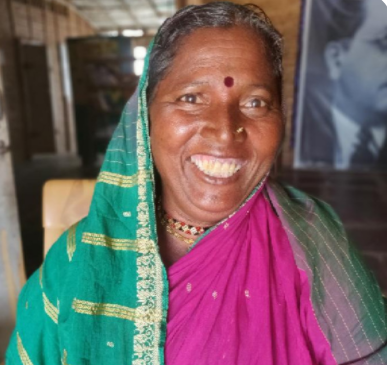
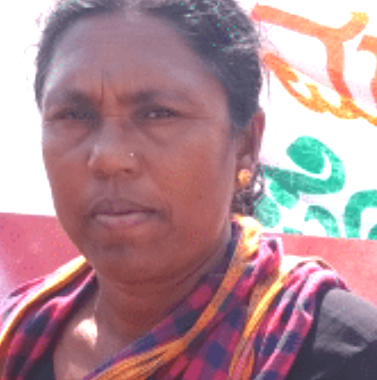
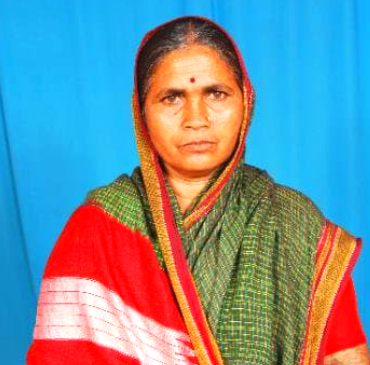
JMS need helping hands to do more work on empowerment of Dalit Women.
©2020 JMS All Rights Reserved.
Site Developed by Creative Communication